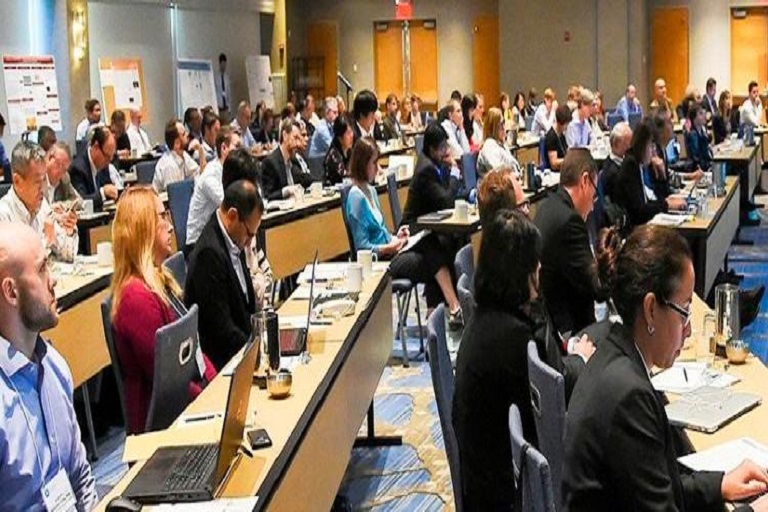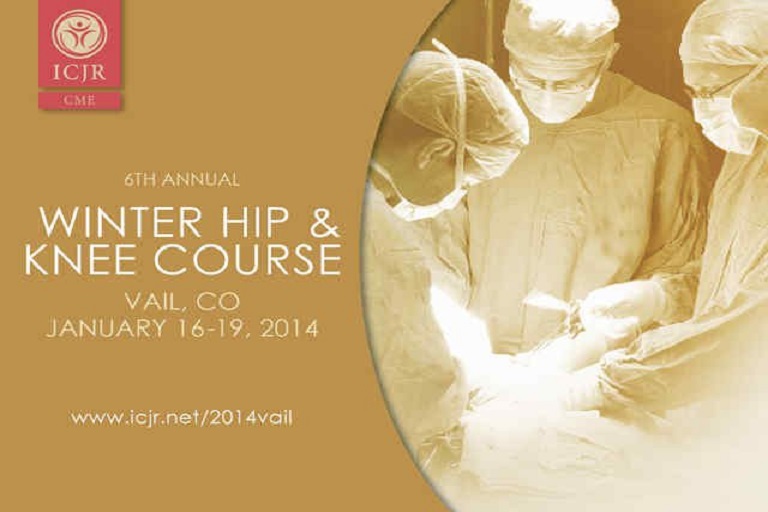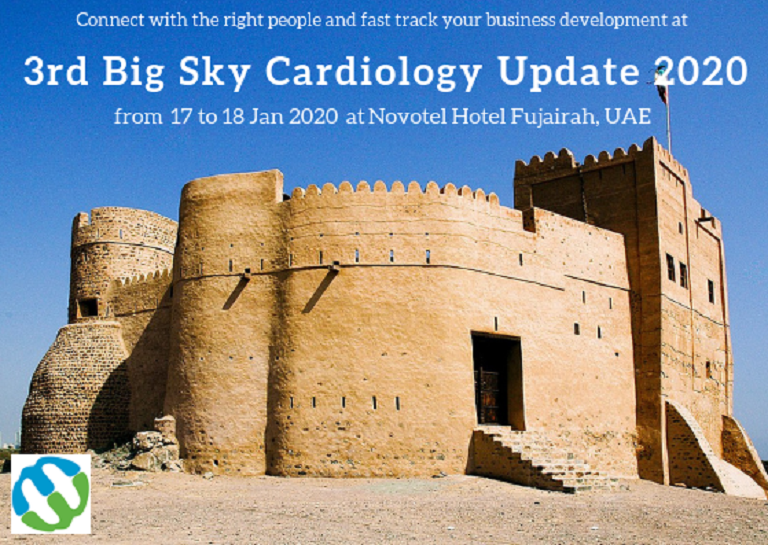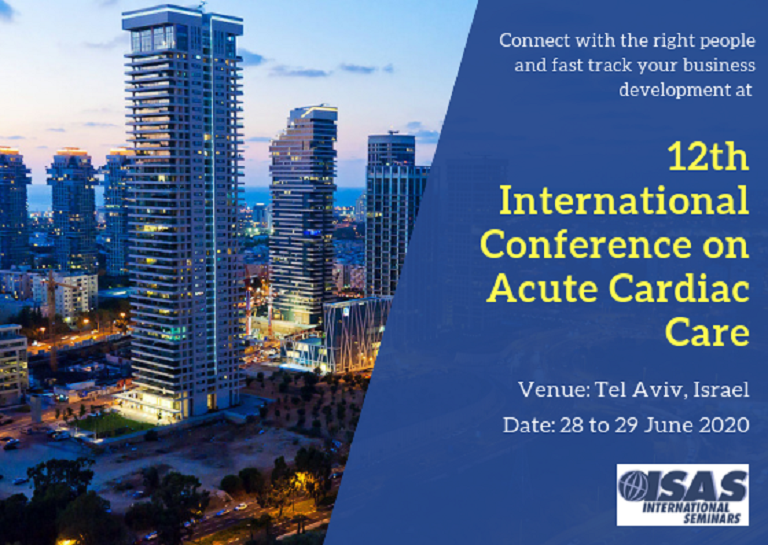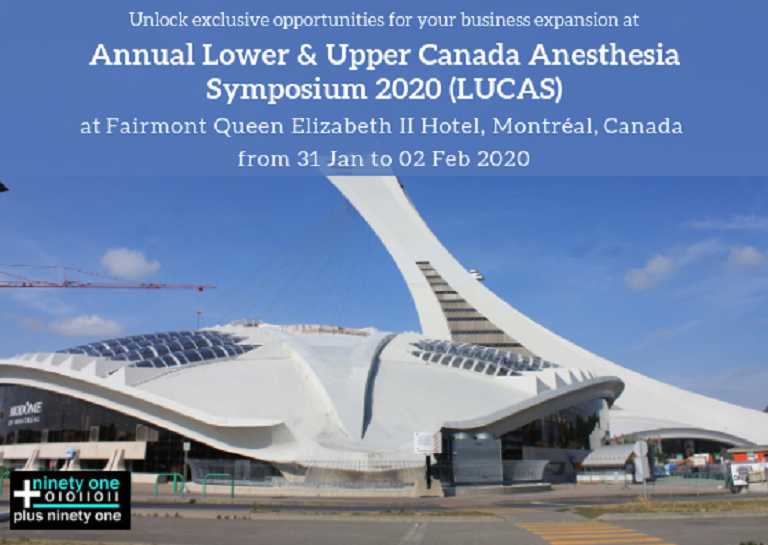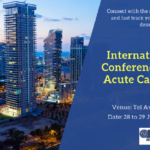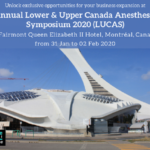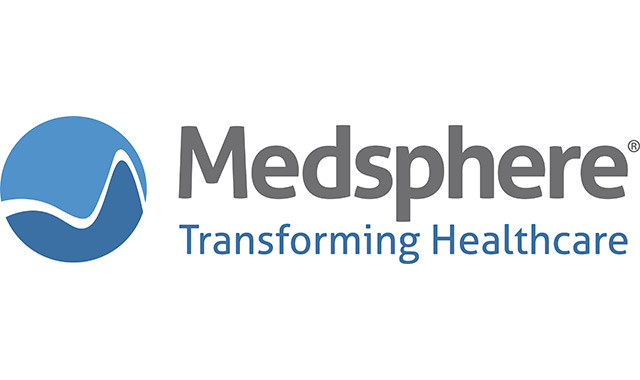By D’Arcy Guerin Gue
It seems senseless when good news is perceived as the opposite. But that is what is happening in some quarters of the healthcare industry. In this case, “senseless” may also be translated as “dangerous.”
On June 3, large healthcare providers and payers welcomed CMS’s report on its latest, most successful, round of end-to-end ICD-10 testing. Most have spent years and millions of dollars preparing to convert from ICD-9 coding to the world standard of ICD-10 by the October 1 deadline. They want to get on with it.
A positive CMS ICD-10 testing report is not good news to the many providers who still want ICD-10 to go away. More importantly, the fact they are still not on board with ICD-10 is becoming a huge problem for the entire healthcare industry.
Many, if not most, smaller providers, including physician practices and smaller hospitals, have done little to implement ICD-10. On March 31, the Workgroup for Electronic Data Interchange (WEDI) reported that 50% to 75% of smaller providers are unlikely to be ready for ICD-10 by October 1, judging from their progress on preparatory steps like systems testing and business process changes. On the other hand, the large hospital organizations represented in the sample of nearly 800 providers are expected to be ready and have completed most necessary preparations. In a separate April survey of 1000 providers, most from small physician office providers, conducted by NueMD, only 13% of respondents said they were “highly confident” they will be ready by October 1.
Many small providers continue to hope – and some still believe – they will be rescued by another ICD-10 deadline delay. We all know that two delays have occurred in the last two years. Why not another?
This obstinate stance is risky at best, but continues to be fueled by various industry efforts to engineer just such a rescue. The American Medical Association (AMA), nearly 100 other physician groups and the Medical Group Management Association (MGMA) are still fanning the “no-ICD-10″ fire. At this late date they are promoting efforts by a few congressmen to slow down or even kill national adoption of ICD-10. Ironically, at the same time, the AMA and MGMA are also providing ICD-10 workshops and guidance tools to support members’ implementation efforts.
According to Steven Stack, the new president of the AMA, “ICD-10 should not only be delayed, but scrapped.” The AMA is putting its full support behind a bill recently introduced by Texas GOP Rep. Ted Poe, which would do just that. Two weeks ago, Rob Tennant, MGMA’s HIT Policy Director, told me during the WEDI National Conference: “The ICD-10 idea is a mess … and should not go forward.” He suggested that physician practices will be hampered by ICD-10. He was also very skeptical of CMS’s end-to-end testing program and said the “scope of the testing” is superficial — that using only 875 testing entities across the nation’s entire provider population is an insufficient sample. Tennant’s views were shared by other attendees, some going so far as to claim they do not believe CMS’s testing reports. They cited issues such as sample size and their belief that “the industry is being given too few details” about the tests.
Let’s put the record straight on CMS’s testing, its increasing significance and why it just may be the straw that breaks the ICD-10 opposition’s back.
• This week’s ICD-10 testing report was the second of three different CMS end-to-end testing periods. In late January, CMS conducted its first such testing round, with a test group of 661 providers submitting nearly 15,000 test claims. CMS’s systems accepted 81% of the claims. The test session was considered successful because submission errors unrelated to ICD-10 accounted for most of the reasons for non-acceptance.
• This week’s report covered a new testing round that CMS conducted in April. Approximately 875 providers participated, with over 23,000 test submissions, representing a substantially larger sample than the January test. The results – an 88% claims acceptance rate — significantly exceeded the 81% rate in the January round. According to CMS, the majority of claims rejections in the April round, once again, were due to errors unrelated to ICD-9 or ICD-10, such as use of incorrect National Provider Identifiers, insurance claim numbers or submitter IDs, or invalid dates of service. Invalid submissions of ICD-10 diagnosis or procedure codes accounted for 2% of claims rejections, and less than 1% of claims were rejected due to invalid submissions of ICD-9 code.
• One more end-to-end testing week in July remains on the CMS agenda. CMS expects that a sample of 850 providers will participate – approximately the same size as in the second test. ICD-10 experts generally anticipate an even stronger set of results from the third test, as providers continue to weave their way through non-ICD-10 related issues that have impeded systems acceptance. CMS is conducting tester education to help participants avoid common testing environment errors.
• CMS also has conducted acknowledgement testing several times. The most recent acknowledgement testing period in early March proved successful: 775 submitters submitted almost 9,000 claims, of which nearly 92% were accepted. Normally, fee-for-service (FFS) Medicare claims acceptance rates average 95-98%. Another acknowledgement testing round was conducted this week (June 1 – 4), and we should expect those results soon.
Shooting bullets at CMS for potentially insufficient preparation has been a favorite tactic of organizations opposing the transition to ICD-10. Indeed, a year ago CMS had conducted only acknowledgement testing — not end-to-end testing. Now that it has diligently responded and achieved strong, successive end-to-end testing results, arguments against CMS’s ability to handle the transition appear frivolous.
Less than four months away from the deadline, providers that continue to hope for another respite from ICD-10 are being unrealistic and putting the viability of their organizations at great risk. Simultaneously, they are putting the operations of their healthcare partners, e.g., the hospitals they work with, at risk because they will not be able to collaborate in ICD-10-based healthcare communications such as orders and authorizations. This may very well jeopardize patient care.
CMS and private payers have been clear in stating that they will reject ICD-9 claims beginning October 1. Despite the islands of remaining opposition, there seems to be broad acceptance throughout the healthcare industry that ICD-10 will not be delayed again. There are several reasons:
• The last delay essentially stopped many organizations’ ICD-10 preparations, rather than facilitating a methodical transition through the benefit of extra time. Another delay is unlikely to be different.
• In the meantime, both CMS and most payers have done expensive end-to-end testing. Like CMS, private payers are intent on making ICD-10 happen on October 1.
• Large hospital organizations, overall, are ready for ICD-10, and have found the delays very costly, requiring re-work. They do not want another wait either.
• Waiting to implement ICD-11 is not an option; it is not expected to be ready for actual application for several years. In the meantime, U.S. healthcare will get further and further behind the rest of the developed world.
• And, just four months from the October 1 implementation deadline, Congress continues to show no interest in changing it.
Small providers still have time. They can accomplish enough to enable transmitting of ICD-10 based claims on October 1 and get paid. This includes smaller hospitals, especially if they have at least completed an ICD-10 assessment. These providers may need to take less-than-ideal short cuts in training, documentation and process-related change. However, if they quickly put the right people to work on the key elements of implementation, they can catch up on these issues over time. They also should work on revenue cycle contingency plans to help offset the impact of claims payment delays.
You’ve read it before, I know. Act on ICD-10, if you haven’t already done so.
Your organization must be paid to continue its mission of patient care, and it won’t be paid if your claims are submitted without ICD-10 coding after October 1. Further, your organization must be able to communicate accurately and meaningfully with your healthcare partners to coordinate patient care. After October 1, it won’t be able to if it isn’t speaking ICD-10.
We are just four months away from this industry-changing deadline. Act on ICD-10.
D’Arcy Guerin Gue
Vice President, Industry Relations
D’Arcy Guerin Gue is a co-founder of Phoenix, a division of Medsphere Systems Corporation, with over 25 years of experience in executive leadership, strategic planning, and IT services, with a special focus on federal compliance issues.



















